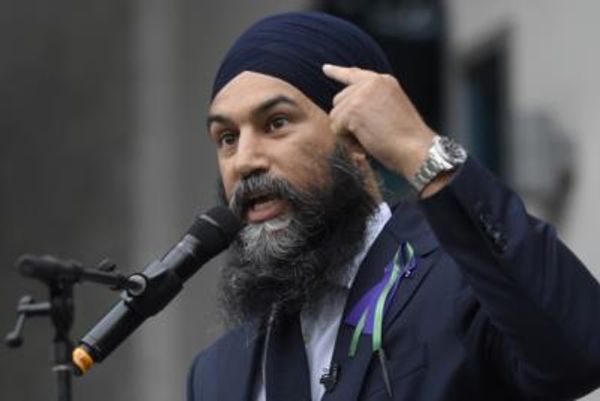
Inflation has become a hot topic issue over the past year, as prices of everything from gas, groceries and other essential goods rose and impacted their wallets of everyday Americans. However, a demographic that seemed to flaunt their spending is getting the brunt of it.
According to data from a Bank of America (BAC) -) survey, inflation is creeping up to the pockets of young Americans and changed their spending habits.
Related: Social Security Administration slashes 2024 COLA boost to 3.2% as inflation pressures ease
As per their data, 73% of consumers between the ages of 18-26 have changed their lifestyles due to increased costs caused by inflation.
Activities that was once a quirky little habit became those that they did less; 43% of Generation Z chose to take up cooking at home in lieu of eating at restaurants, 40% spent less on clothes and 33% cut back on the extra items and bought the mere essentials at the grocery store.

“Despite coming of age during a challenging economy, [Gen Z] has shown itself to be adaptable, innovative and thrifty,” said Holly O'Neill, president of retail banking at Bank of America said in a statement.
Bank of America’s data on spending habits seem to be in line with some very harrowing data about Gen Z’s financial resilience. More than half of those surveyed say that they do not have enough money saved to cover three months of expenses in case of an emergency.
More Investing:
- Why the recession never really hit -- and what indicates that it still could
- Jim Cramer and Dan Ives say a powerful technology will give the markets a boost
- Here's what companies Nvidia is joining in the $1 Trillion market cap club
Over the last year, 37% of Gen Z say that they experienced a financial setback, such as decreased savings or taking on additional debt – causing 27% to borrow money from friends and family. Just 52% of Gen Z feel confident that they are on track to meet their financial goals, but only 48% of them are fully or mostly financially independent.
Despite this, Gen Z feel that they can manage their financial health. About 70% of them feel confident in managing their day-to-day expenses, manage their budget or their credit, but they lack confidence in dealing with the larger picture. Only 45% feel equipped to save for retirement and only 29% feel equipped to invest in the stock market.
The younger generation, however, are motivated to earn more money. When asked about future priorities, over 36% wanted to further their education and 31% seek to advance their career, increase their salary, or get a new job.
In 2023, 33% of Gen Z started a new job or took a new position, while 22% of them negotiated a raise and 14% applied for a job in a new field. For those who started a new job, over 36% were motivated by a higher salary.
Get exclusive access to portfolio managers and their proven investing strategies with Real Money Pro. Get started now.







